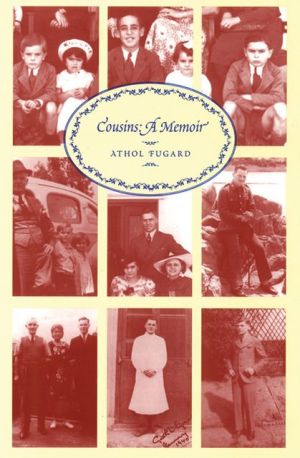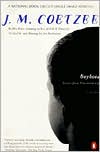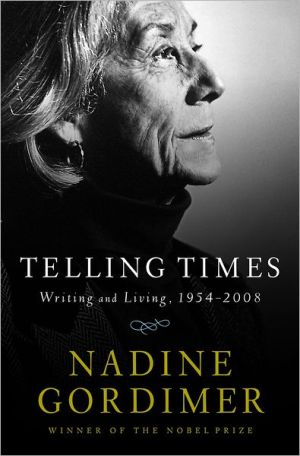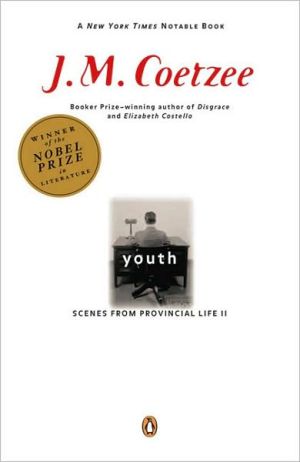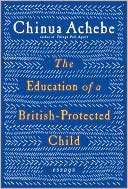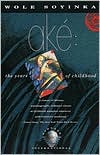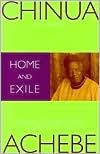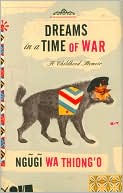Cousins: A Memoir
In Cousins, South African playwright Athol Fugard has written his most moving and personal work to date. Illustrated with numerous family photographs, this deceptively simple memoir examines the author's life from his earliest childhood memories through his days as an accomplished playwright. The story of his relationship with his two male cousins provides the young Fugard with the grist for what was to become an art steeped in the history and turmoil of South Africa under apartheid. The...
Search in google:
A remarkable memoir of the author's coming of age as a writer. Publishers Weekly Eminent South African playwright Fugard acknowledges at the start that this childhood memoir is only partialit scants his parents and his relationship with black workersyet it remains resonant nonetheless. Fugard, whose father is of English descent and whose mother is Afrikaner, has long captured his country's Afrikaner strain with a practiced ear. "I have often described myself as an Afrikaner writing in English, and the older I get the more that seems to be the truth: that my English tongue is speaking for an Afrikaner psyche." The Afrikaner-English dichotomy is echoed by the two main sections, named for a cousin from each side. His piano-playing Afrikaner cousin, Johnnie, collaborated with Athol on musical sketches that nurtured the author's future dramatic career. And in a single confidence, his troubled English cousin, Garth, disclosed his homosexuality and gave Fugard a sense of secrets, "my first empowerment as a writer." "I could work back through every play I have written," says Fugard, "and find in it a resonance, an echo of Garth's voice that night up there on the Donkin Street." Despite the title, this book is not confined to the cousins. Some memories lead Fugard to moments in his plays, acknowledgment of his former dependence on alcohol, or even how Faulkner gave him courage to embrace his identity as a regional writer. For Fugard fans, this slim volume makes an excellent complement to his plays. Photos. (Oct.)
\ Publishers Weekly - Publisher's Weekly\ Eminent South African playwright Fugard acknowledges at the start that this childhood memoir is only partialit scants his parents and his relationship with black workersyet it remains resonant nonetheless. Fugard, whose father is of English descent and whose mother is Afrikaner, has long captured his country's Afrikaner strain with a practiced ear. "I have often described myself as an Afrikaner writing in English, and the older I get the more that seems to be the truth: that my English tongue is speaking for an Afrikaner psyche." The Afrikaner-English dichotomy is echoed by the two main sections, named for a cousin from each side. His piano-playing Afrikaner cousin, Johnnie, collaborated with Athol on musical sketches that nurtured the author's future dramatic career. And in a single confidence, his troubled English cousin, Garth, disclosed his homosexuality and gave Fugard a sense of secrets, "my first empowerment as a writer." "I could work back through every play I have written," says Fugard, "and find in it a resonance, an echo of Garth's voice that night up there on the Donkin Street." Despite the title, this book is not confined to the cousins. Some memories lead Fugard to moments in his plays, acknowledgment of his former dependence on alcohol, or even how Faulkner gave him courage to embrace his identity as a regional writer. For Fugard fans, this slim volume makes an excellent complement to his plays. Photos. (Oct.)\ \ \ \ \ Kirkus ReviewsMemories of two male relatives whom the noted South African playwright believes helped inspire him to write, mingled with bittersweet recollections of his youth, in a poignant but underdeveloped memoir.\ Fugard idolized his slightly older Cousin Johnnie, a maternal relative from the tightly knit Afrikaner side of the family. Johnnie's piano playing "stirred up wonderfully turbulent feelings" in his cousin, who improvised words to accompany it for performance pieces they called "musical stories." Cousin Garth Fugard, a troubled man 14 years Athol's senior, prompted much more ambivalent emotions; during his periodic visits, proclamations of turning over a new leaf were inevitably followed by drinking binges. The key to Garth's alcoholism and inability to settle down finally emerged when he confessed to his cousin that he was a homosexual; Athol, realizing that he had already guessed this, had his "first experience of that most essential of all writers' faculties—intuition." This connection of a personal moment with ruminations on the creative process is typical of the book, which is neither a full-fledged memoir nor a sustained examination of how his plays evolved, but a rather uneven mix of the two. There are some lovely, evocative descriptions of the South African town Port Elizabeth and its gloomy lower-middle-class residents; touching portraits of Fugard's parents; and interesting accounts of the autobiographical elements in works from The Blood Knot to Master Harold . . . and the Boys. As was the case with Notebooks (1984), readers need to be quite familiar with Fugard's plays to gain much enlightenment from his unelaborated comments about their sources. In addition, distinguished though his career as a dramatist unquestionably is, there's a faintly smug, self-satisfied tone to many of his musings about writing that only underscores the sketchy nature of the insights offered here.\ Good enough to intrigue Fugard's admirers, but not good enough to draw in anyone else.\ \ \
